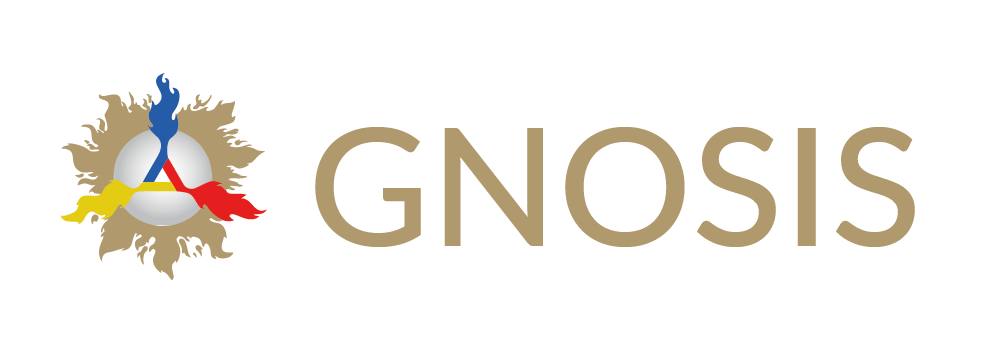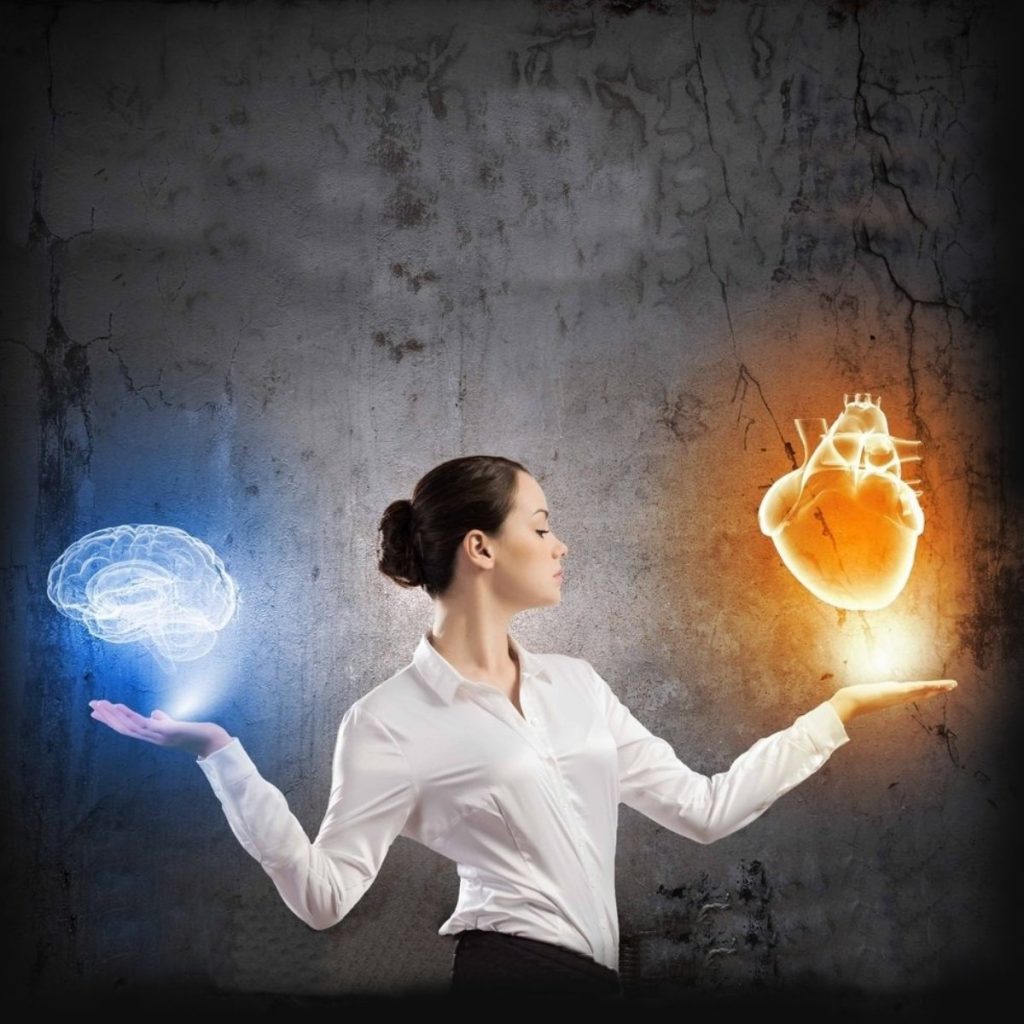"To be or not to be, that is the question"
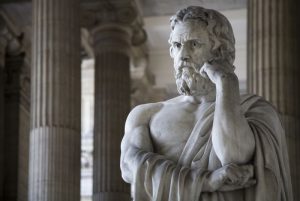
Immortalised by the playwright William Shakespeare, this philosophical conundrum encapsulates the intimate conflicts of a person faced with the uncertainties and dramas of his or her own life. "Do I silently endure injustice or shed blood in the name of honour? Do I remain trapped in lies for fear of what they will say, or do I face the truth and face the consequences? Do I begin a relationship with this person now, or do I protect myself and contain my passion to know him better? Do I continue to live my life as usual, in the name of my security, or do I dare to change and venture out in pursuit of my happiness?Have you ever had a question like this occur to you in your life? More than academic or intellectual questions, they relate to practical problems of life and the way we live.
The history of mankind records the monumental effort of different thinkers to give a satisfactory answer to the question of the self. The result is tomes and tomes of wisdom, which were compiled, confirmed, and controverted in the process of man's quest for self-knowledge. In this sense, many of us believe that, from the accumulation of all this knowledge, the wisdom of the Self could be extracted. However, It is very common that when entering the labyrinth of Knowledge, the person forgets the Self..
The alleged wise man
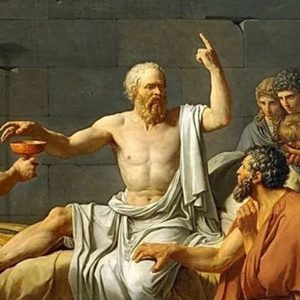 The imbalance between Being and Knowing can produce the profile of the presumed sage: one who takes his own knowledge as truth. As a result, he talks about what he does not have to say and can no longer listen to others. Moreover, he no longer knows how to relate to his fellows. He envies the most talented and looks down on others as if they were all mediocre. Internally, he belittles the ignorant and bullies those who do not share his beliefs.
The imbalance between Being and Knowing can produce the profile of the presumed sage: one who takes his own knowledge as truth. As a result, he talks about what he does not have to say and can no longer listen to others. Moreover, he no longer knows how to relate to his fellows. He envies the most talented and looks down on others as if they were all mediocre. Internally, he belittles the ignorant and bullies those who do not share his beliefs.
Finally, he can intrigue and gossip because of disputes over knowledge. Perhaps, he would even read these lines, but it would not occur to him that these words apply in one way or another to himself. Or, driven to examine himself, he would promptly plead on his own behalf, presenting an elaborate defence.
Does it seem reasonable that someone feels wiser than others, but lives in conflict with them and is unhappy? Socratic irony provides us with the best answer: this Person not only does he not know, he doesn't even know that he doesn't know.
The accumulation of knowledge
Throughout life, we have accumulated a lot of knowledge. We may have attained useful information, cultural training, a means to earn a living, entertainment, peaceful moments of reflection, etc. However, now, what is the question of our inner fulfilment after all this? However, now, what is the question of our inner fulfilment, after all this? Do we still wait for the accumulation of more knowledge? Do we need more knowledge to solve life's impasses and to feel self-confident?
Being aware of what we are, what is the use of titles of distinction and higher degrees of school education? What is the use of so much intellectual authority, curricular excellence, discursive formality, terminological complications, long and elaborate speeches, bibliographical references, etc.? Can we be better people? Do we feel more peace? Are we able to have more empathy with all of that?We are happy?
What is the use of the knowledge we have accumulated?
The Question of Being
The question of Being cannot be approached from an exclusively intellectual point of view. The search for the Self is a vital and essentially practical subject, and cannot be reduced to an intellectual discussion, however serious and sublime it may be. For the self is defined from moment to moment in the daily course of our lives. Through what we do or do not do in the face of the events that life presents us with.
"The philosophy is to lift our spirits to face the adversities of life".. - VM Lakhsmi.
In this way, everyday events, with all their details, challenge us, test us in order to make us aware of our weaknesses and what is false in ourselves. In this way, it becomes possible, through psychological work on ourselves, to eliminate our defects and overcome our weaknesses.
However, the philosophy of being is very demanding. Because, beyond words and good intentions, the Self demands actions and attitudes in order to make itself known. In any case, we have to be honest with ourselves if we want to know and face the psychological errors that limit us and separate us from the fullness of the Self, from peace and balance.
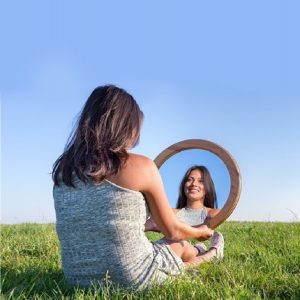
Self-examination of conscience
There is no point in talking about love, if deep down in our hearts we do not tolerate the mistakes and differences of those with whom we live together.. Or feel like a good person, without making the daily effort to correct our shortcomings.
It is not honest to revere God within ourselves, if we do not meditate daily to integrate with Him. Or to speak of self-knowledge, without making a discovery about ourselves. It is a fallacy to feel that we are masters of ourselves, to have to appeal to distractions and sensual pleasures to endure the moments of loneliness we go through. In a nutshell, it's what we do that matters, not what we say.
The philosophy of Being invites us to think less and act more.
The Law is in our conscience, with it we feel the Inner Judgement. If we sincerely seek an intimate reflection on our thoughts, words and deeds, we will feel this inner judgement indicating the path we must follow. That is, we will discover precisely what we need to do to rectify our conduct, correct our psychological defects and thus achieve the inner realisation of the Self.
"Have you thought about what you like or dislike most? Have you thought about the secret mechanisms of action? Why do you want to have a beautiful house? Why do you want to have a state-of-the-art car? Why do you always want to be in the latest fashion? Why do you covet not to be greedy? What offended you the most at a given moment? What flattered you most yesterday? Why did you feel superior to such and such a person at a given moment? (...) Are you sure you were sincere in that conversation? When they justify themselves, and when they recount their triumphs and relate them by repeating to others what they said before, do you understand that they are vain?"- Samael Aun Weor
"An unexamined life is not worth living", postulated Socrates, who achieved the feat of swallowing a cup of poison in the name of the very Wisdom to which he devoted his life.
Finding the balance
In conclusion, we can say that the balance is one of the keys to success in every person's life. There must be a balance in everything, just as there is a balance in nature. And the question of To be and the Saber does not escape this.
Knowledge is necessary, no one could deny that reality. However, our society has forgotten the Self and only seeks the accumulation of knowledge. As a result, there is an imbalance in the human being that leads him to feel a great emptiness inside. Because he is not in connection with his true Self. Because he has not developed that capacity, that sensitivity.
If we really want to find the meaning of our existence and channel our life towards it. If we really want to find the true reason for living and feel fulfilled knowing where we are going. Then we need to look for the connection with our real inner self. For only then can we find those answers.
We need to dive into our inner universe and integrate with ourselves. And this is not a fantasy, nor is it just a matter of good intentions. It is about concrete techniques and practices. To get to know some of them we invite you to our online self-knowledge courses.
